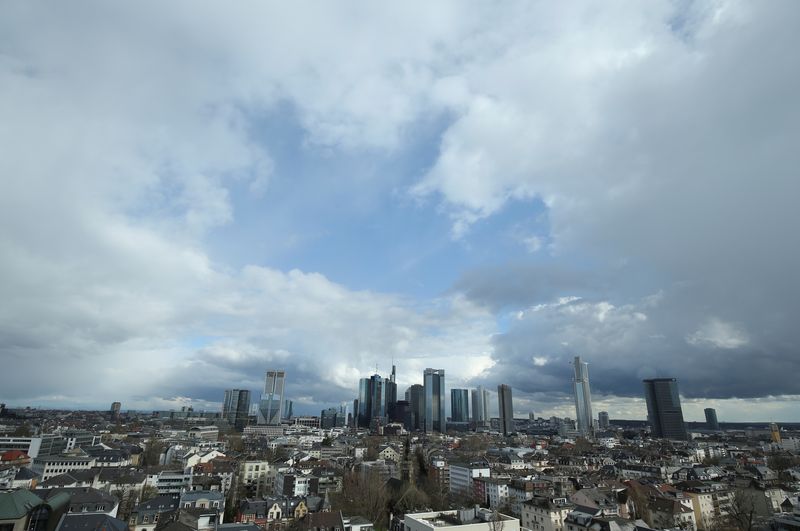BERLIN (Reuters) -The hourly minimum wage for workers in Germany, Europe’s biggest economy, will rise in two stages to 14.60 euros ($17) by 2027 from 12.82 euros, the cabinet agreed on Wednesday.
The change, which will initially include a rise to 13.90 euros at the beginning of 2026, is in line with proposals put forward in June by a government-appointed commission comprising employers and trade union representatives.
Workers in up to 6.6 million jobs could benefit from the increase, the Federal Statistics Office estimated.
However, critics say raising the minimum wage could put jobs at risk as higher labour costs make it harder for companies to hire and keep staff.
Germany’s labour market is feeling the effects of two years of economic contraction, with the number of unemployed people hitting the 3 million mark in August for the first time in a decade although it dipped just below that in September.
The rise is below the level of 15 euros an hour in 2026 which Chancellor Friedrich Merz’s conservatives and his Social Democrat (SPD) governing partners had said was achievable in their coalition deal.
($1 = 0.8575 euros)
(Reporting by Madeline Chambers; editing by Matthias Williams)


